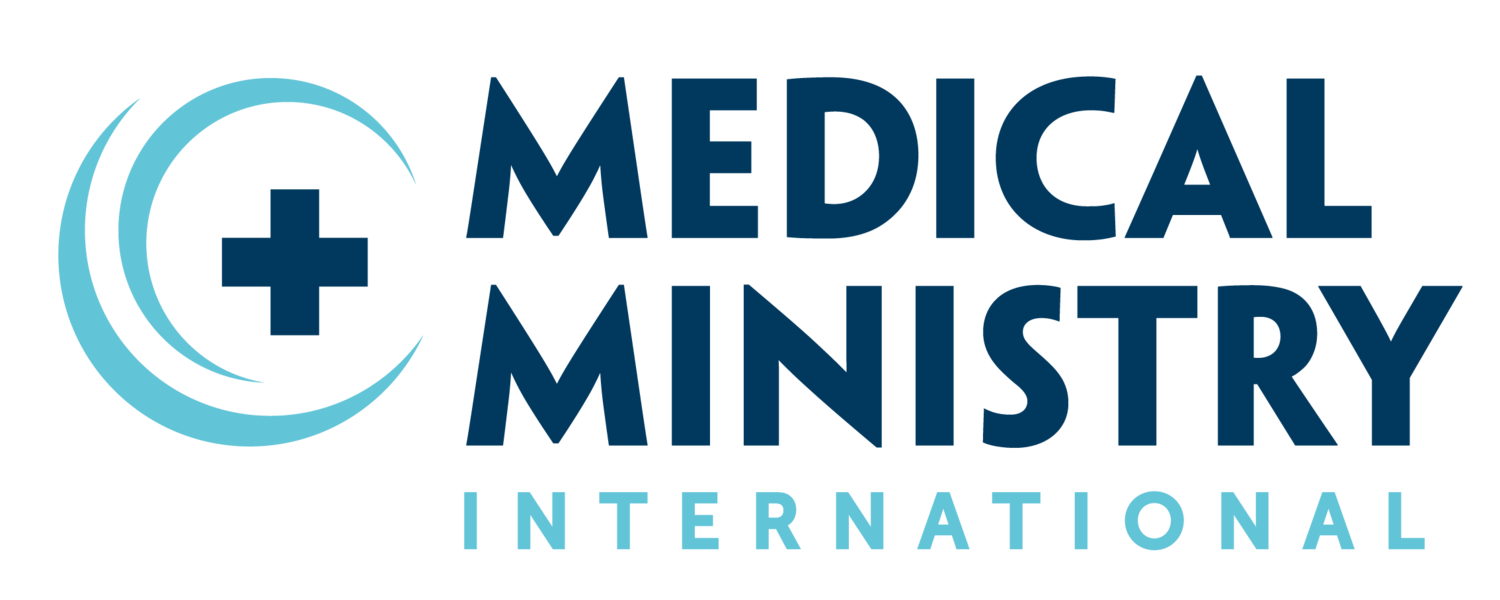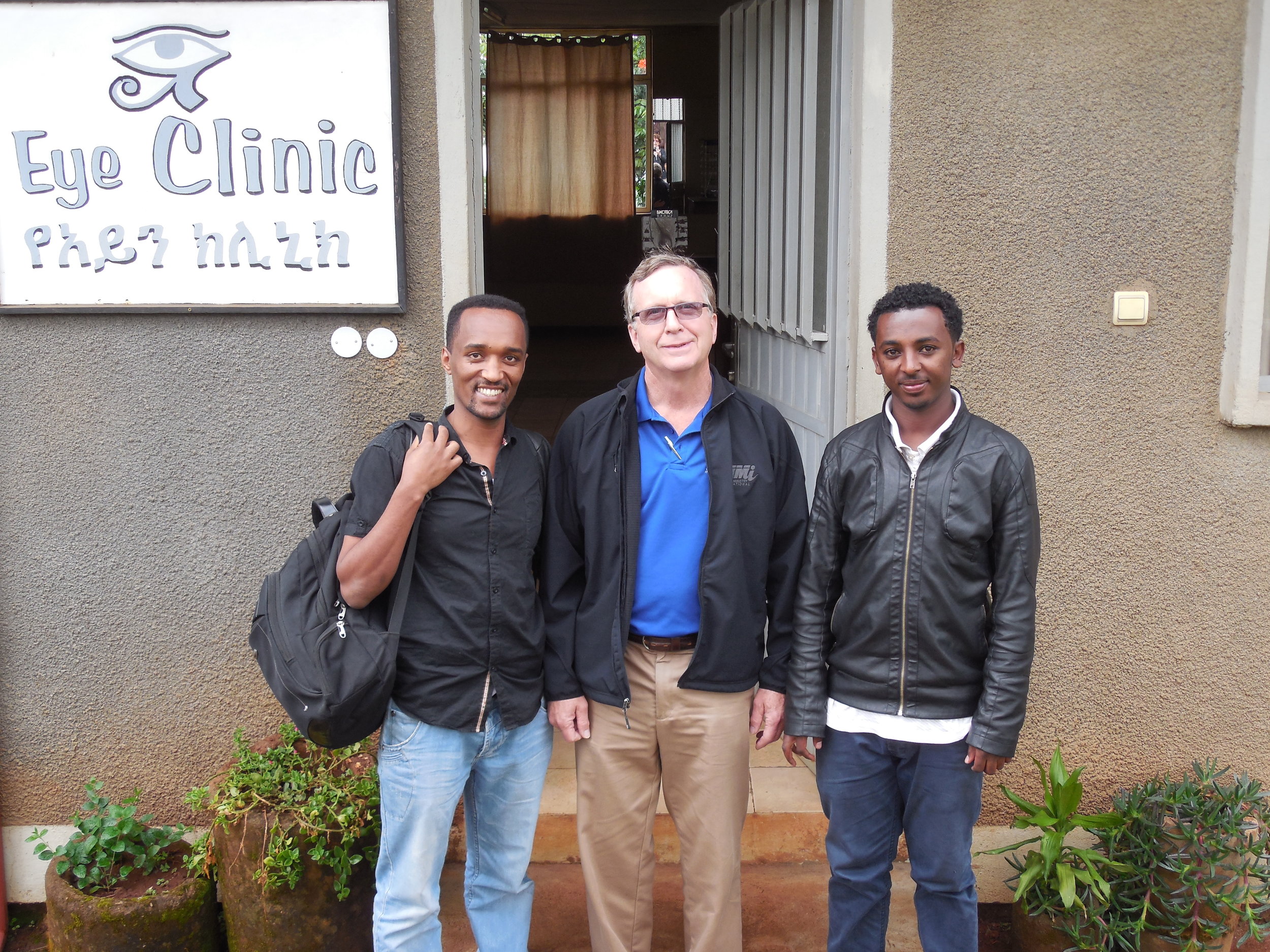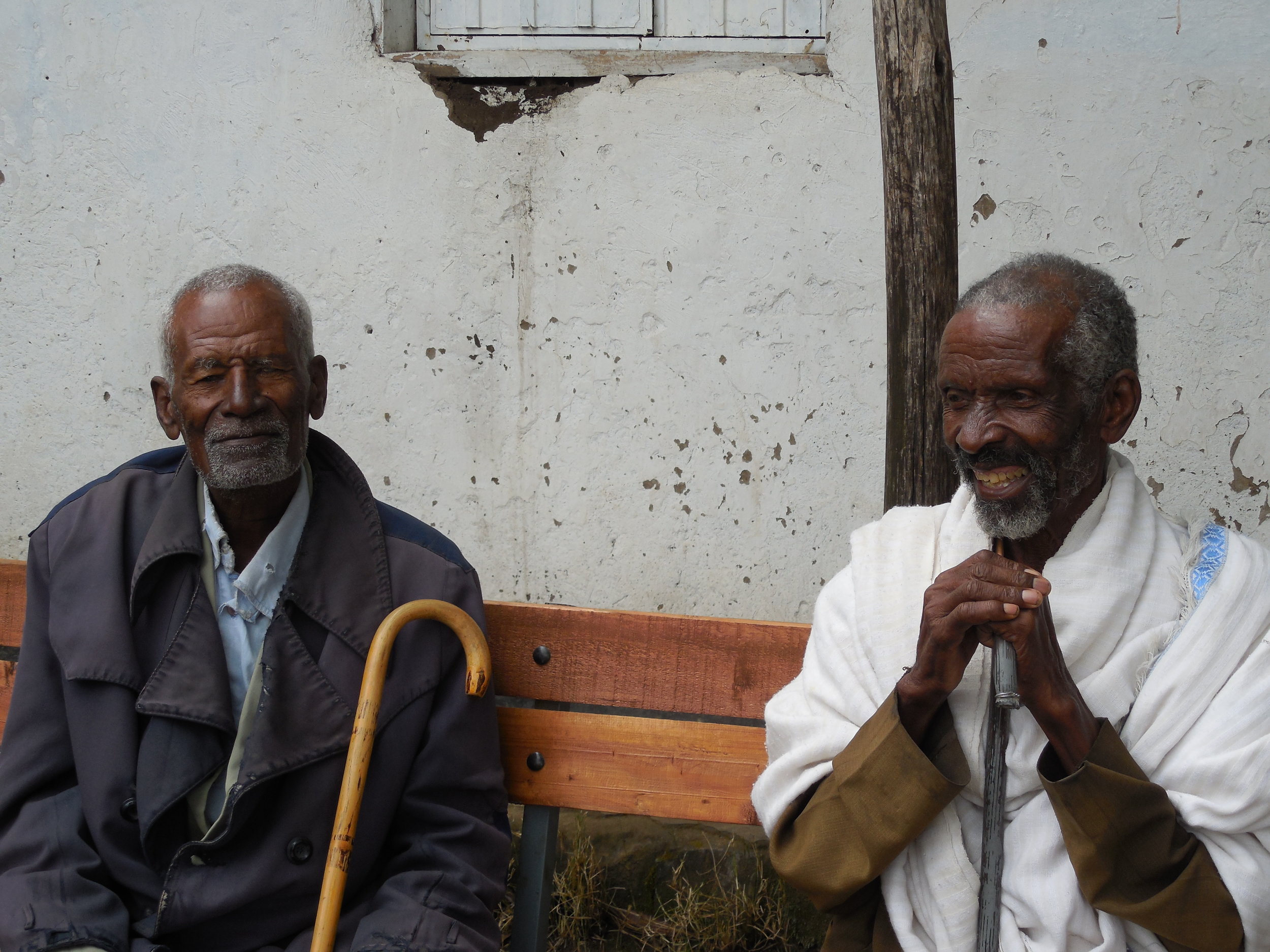Medical Ministry International in Ethiopia
Ethiopia is Africa's oldest independent country and has the second largest population. Apart from a five-year occupation by Mussolini's Italy, it has never been colonized. It has a unique cultural heritage, being the home of the Ethiopian Orthodox Church—one of the oldest Christian churches—and a monarchy that ended only in the coup of 1974. It served as a symbol of African independence throughout the colonial period, and was a founder member of the United Nations and the African base for many international organizations.
Medical Ministry International has partnered with HOPEthiopia, an organization based in Calgary, Alberta, that is committed to restoration of both the people and the land of Ethiopia. Medical Ministry International has been working together with HOPEthiopia to bring primary care, dental care, and vision services to the country since in 2015.
HOPEthiopia works in several areas within the country: community development, sustainable agriculture, peace gardens, and reforestation. HOPEthiopia specifically works with orphaned children and elderly pastors, both very vulnerable populations.
Project Site:
Harbu Chulule is a small region about 100km away from the capital Addis Ababa in the centre of Ethiopia, which is located in the Horn of Africa. Ethiopia is a landlocked country, and has suffered from drought and deforestation, thus food and water scarcity affect most residents. Many families rely on intermittent shipments from the World Food Programme. Water-borne illnesses are highly prevalent. There is a massive shortage of physicians in the country.
* Project Description: These are optical and surgical projects in which the main clinic and surgery days are held at Harbu Chulule Health Center, Oromiya Regional State, about a ten minute walk from the Hopethiopia Volunteer facility. Patients are offered vision screenings, diagnosis, refractions, glasses, and scheduled for surgeries. We work with a local medical staff the first week and our MMI team members provide surgery during the second week. Small collections of Rx eyeglasses are prepared for the projects, along with reading glasses for those who require glasses after their consult.
Elevation
2450 m (8000 ft)
Climate
Climate - Semi-arid highland.
Dry season: October - February. Dry and temperate.
Wet season: March - September. Wet and temperate.
Average High: 21°C (70°F) - Average Low: 10°C (50°F)
About 50% Sunny and cloudy, Normal precipitation: 117mm/4.6 in rainfall

Travelling on a Project
Barbara Skinner, Vision Program Coordinator
About Ethiopia
COUNTRY BACKGROUND
Ethiopia, officially the Federal Democratic Republic of Ethiopia, is a country located in the Horn of Africa. Ethiopia has a population of 87.9 million with over 80 ethnic groups, the two largest of which are the Oromo and the Amhara. Ethiopia uses the ancient Ge'ez script, which is one of the oldest alphabets still in use in the world. A majority of the population adheres to Christianity, whereas around a third follows Islam.
The economy of Ethiopia was one of the fastest growing, however since severe droughts in 2009, agriculture has been severely impacted, specifically the main exports of coffee and maize. Still, agriculture constitutes around 85% of the labour force. Inflation rates as high as 40% led to subsequent difficulty with debt repayments and slowdown of growth. About 16% of the population in Ethiopia are living on less than one dollar per day. Major droughts have also affected the health status of the country: only 65% of rural households in Ethiopia consume the minimum standard of food per day , with 42% of children under 5 years old being underweight. This has led to high amounts of infectious disease that are exacerbated by poor sanitation, malnutrition, and co-habitation with livestock. Emigration of skilled professionals has resulted in a 'brain drain' in the country, and a severe shortage of skilled health professionals. It is estimated to have 1 physician for every 100, 000 persons, with most professionals concentrated in the capital. Despite this, infant mortality continues to decrease and rests at 8%, while life expectancy continues to increase: it is currently 58 years.
LOCATION:
Eastern Africa, west of Somalia
GEOGRAPHIC COORDINATES:
8 00 N, 38 00 E
MAP REFERENCES:
Africa
TOTAL AREA:
1.104 million km²
BORDER COUNTRIES:
Djibouti, Eritea, Kenya, Somalia, South Sudan, Sudan
COASTLINE:
0 km (landlocked)
MARITIME CLAIMS:
None (landlocked)
CLIMATE:
Varies with altitude; tropical monsoon in lowlands, semi-arid temperate steppe in mountains
TERRAIN:
High plateau with central mountain range divided by Great Rift Valley
ELEVATION EXTREMES
LOWEST POINT:
Danakil Depression -125 m
HIGHEST POINT:
Ras Dejen - 4,533 m






